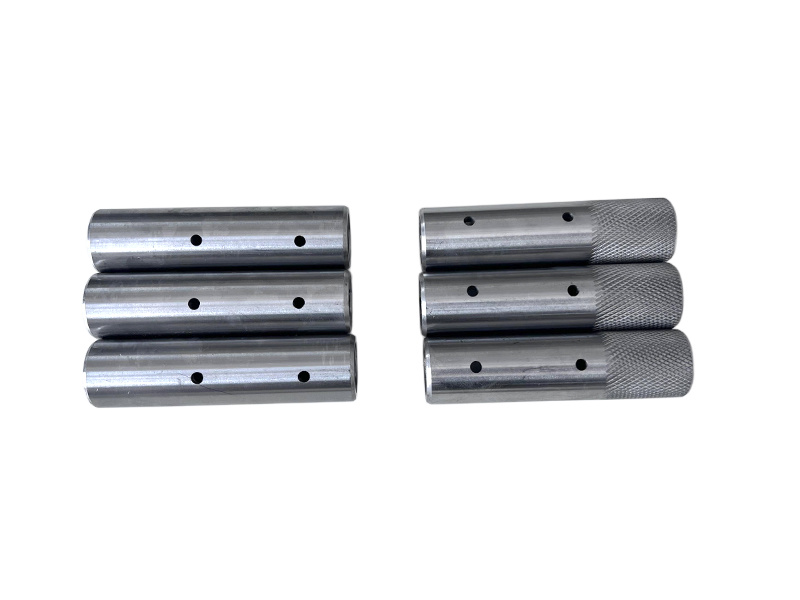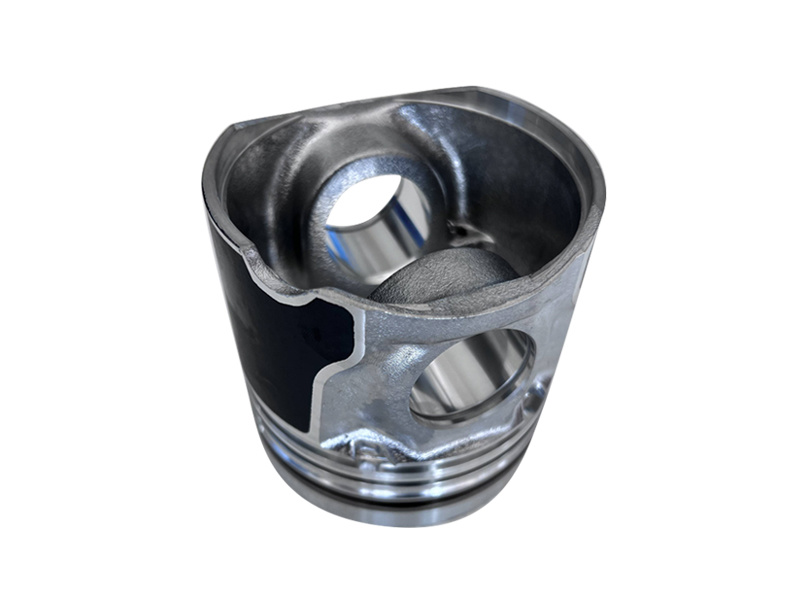Understanding the Role of the Diesel Engine Governor Shaft in Agricultural Machinery
Aug 22,2025
The diesel engine governor shaft is an essential part of the engine's fuel management system, particularly in agricultural machinery. Understanding its function can greatly enhance the efficiency and reliability of farming operations. The governor shaft is responsible for regulating the engine's speed by controlling the amount of fuel injected into the combustion chamber. This regulation is vital,

The diesel engine governor shaft is an essential part of the engine's fuel management system, particularly in agricultural machinery. Understanding its function can greatly enhance the efficiency and reliability of farming operations. The governor shaft is responsible for regulating the engine's speed by controlling the amount of fuel injected into the combustion chamber. This regulation is vital, especially in scenarios where consistent engine performance is necessary for tasks like plowing, planting, and harvesting.
One of the primary functions of the diesel engine governor shaft is to maintain a constant engine speed under varying load conditions. In agricultural applications, the load can change significantly depending on the task being performed. For instance, when an implement is attached, the engine experiences an increase in load. The governor shaft helps adjust the fuel delivery accordingly, ensuring that the engine maintains its optimal speed without stalling or over-revving. This capability not only enhances performance but also helps in reducing fuel consumption, which is crucial for farmers looking to optimize their operational costs.
Another noteworthy aspect of the diesel engine governor shaft is its contribution to engine longevity. By preventing the engine from operating outside its designed parameters, the governor shaft reduces wear and tear on engine components. This is particularly important in agricultural environments, where machines are often subjected to harsh conditions. A well-functioning governor shaft can significantly extend the lifespan of the engine, which translates to lower maintenance costs and enhanced reliability for farmers.
Moreover, the diesel engine governor shaft plays a pivotal role in emissions control. With increasing regulations on emissions from agricultural machinery, ensuring that the engine operates within specified limits is crucial. The governor shaft aids in optimizing the air-fuel mixture during combustion, which can lead to lower emissions of harmful pollutants. This makes it not just a mechanical component but also a vital player in promoting sustainable farming practices.
In summary, the diesel engine governor shaft is a key component in the performance and efficiency of agricultural machinery. Its ability to regulate engine speed, contribute to fuel efficiency, enhance engine longevity, and control emissions makes it indispensable for modern farming operations. Understanding the importance of the governor shaft can aid farmers in recognizing the value of proper maintenance and timely replacement of this crucial component, ultimately leading to better productivity and sustainability in their agricultural practices.
One of the primary functions of the diesel engine governor shaft is to maintain a constant engine speed under varying load conditions. In agricultural applications, the load can change significantly depending on the task being performed. For instance, when an implement is attached, the engine experiences an increase in load. The governor shaft helps adjust the fuel delivery accordingly, ensuring that the engine maintains its optimal speed without stalling or over-revving. This capability not only enhances performance but also helps in reducing fuel consumption, which is crucial for farmers looking to optimize their operational costs.
Another noteworthy aspect of the diesel engine governor shaft is its contribution to engine longevity. By preventing the engine from operating outside its designed parameters, the governor shaft reduces wear and tear on engine components. This is particularly important in agricultural environments, where machines are often subjected to harsh conditions. A well-functioning governor shaft can significantly extend the lifespan of the engine, which translates to lower maintenance costs and enhanced reliability for farmers.
Moreover, the diesel engine governor shaft plays a pivotal role in emissions control. With increasing regulations on emissions from agricultural machinery, ensuring that the engine operates within specified limits is crucial. The governor shaft aids in optimizing the air-fuel mixture during combustion, which can lead to lower emissions of harmful pollutants. This makes it not just a mechanical component but also a vital player in promoting sustainable farming practices.
In summary, the diesel engine governor shaft is a key component in the performance and efficiency of agricultural machinery. Its ability to regulate engine speed, contribute to fuel efficiency, enhance engine longevity, and control emissions makes it indispensable for modern farming operations. Understanding the importance of the governor shaft can aid farmers in recognizing the value of proper maintenance and timely replacement of this crucial component, ultimately leading to better productivity and sustainability in their agricultural practices.
TAG:
Recent News
Understanding the Importance of Piston Pin Bore in Agricultural Machinery
In the realm of agricultural machinery, the term "piston pin bore" refers to the cylindrical hole that houses the piston pin, which connects the piston to the connecting rod within the engine. This seemingly small component plays a pivotal role in the overall functioning of engines found in various agricultural machines, from tractors to harvesters. Understanding the piston pin bore's significance



